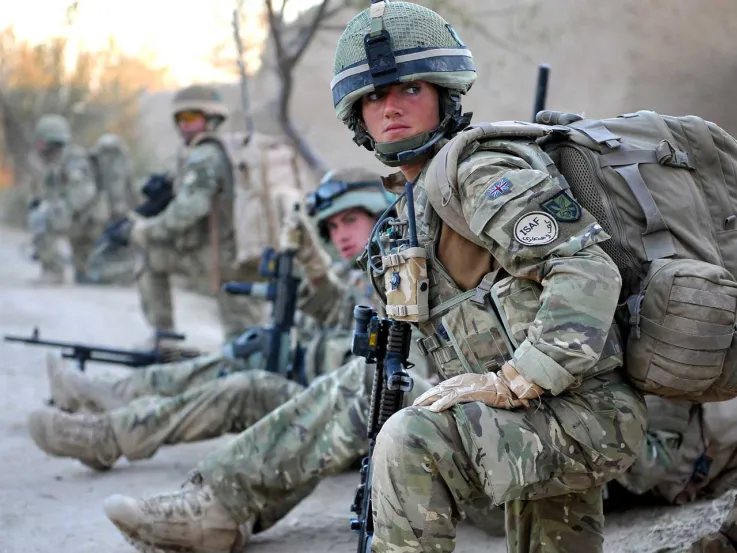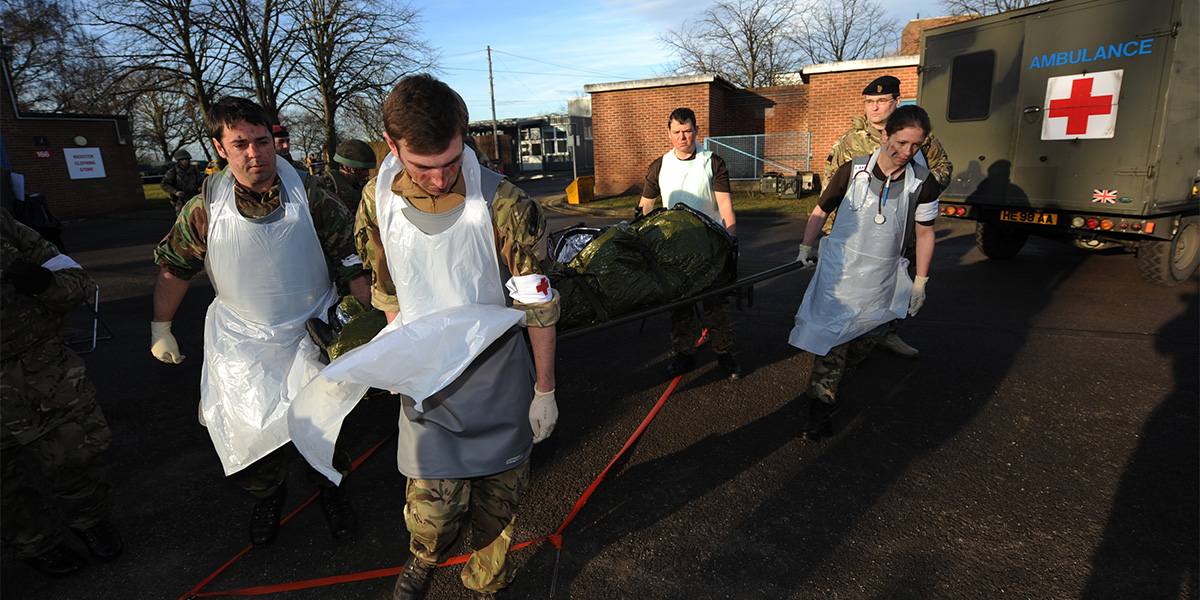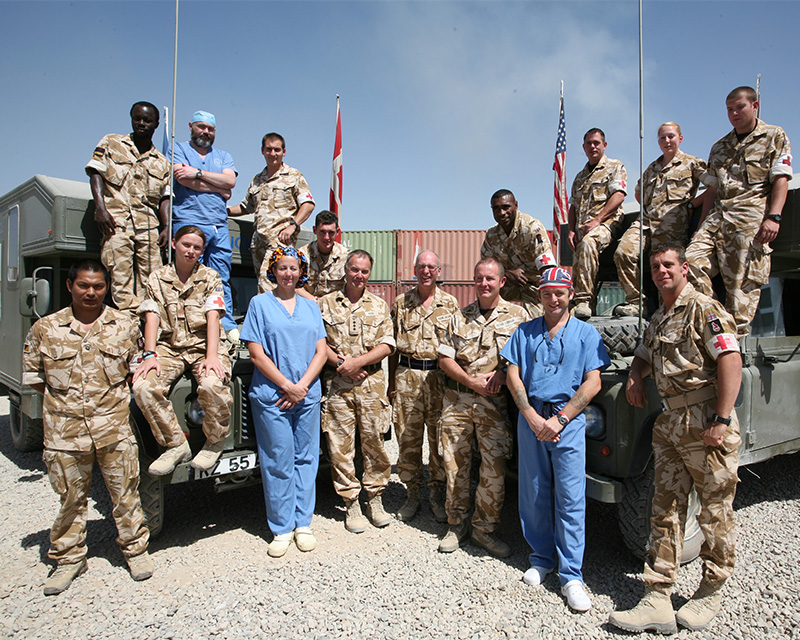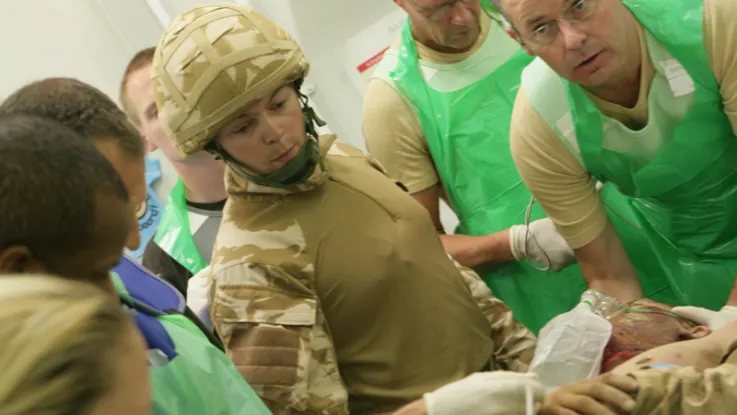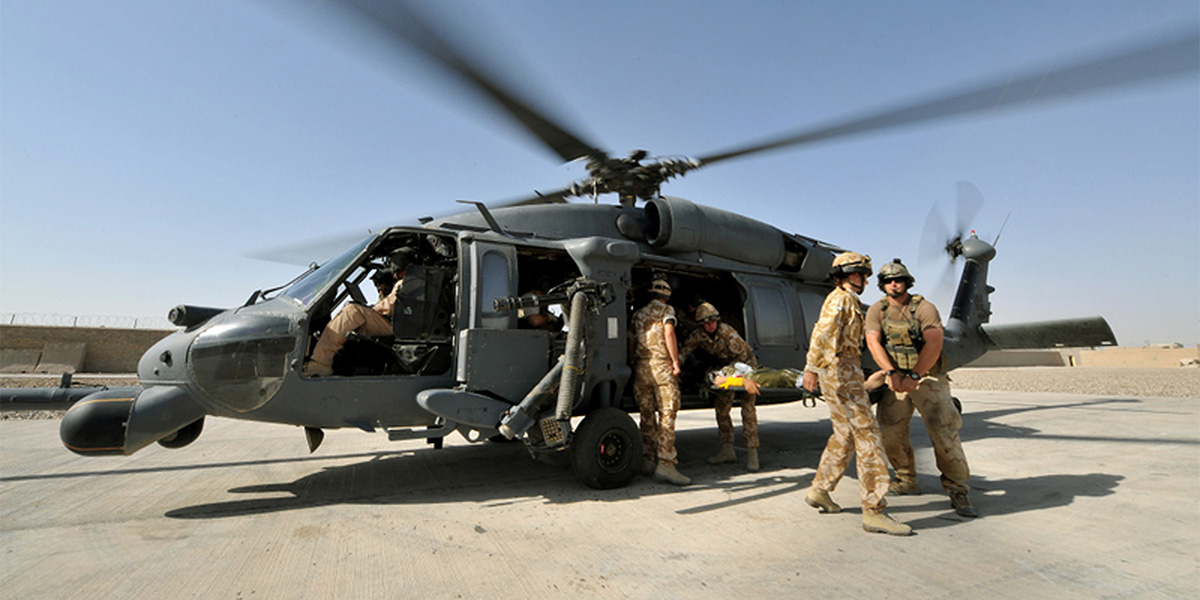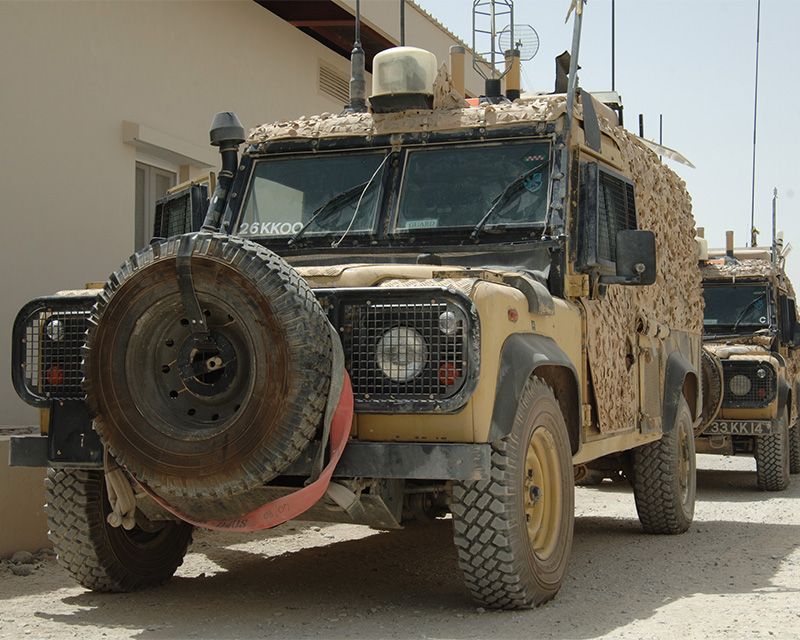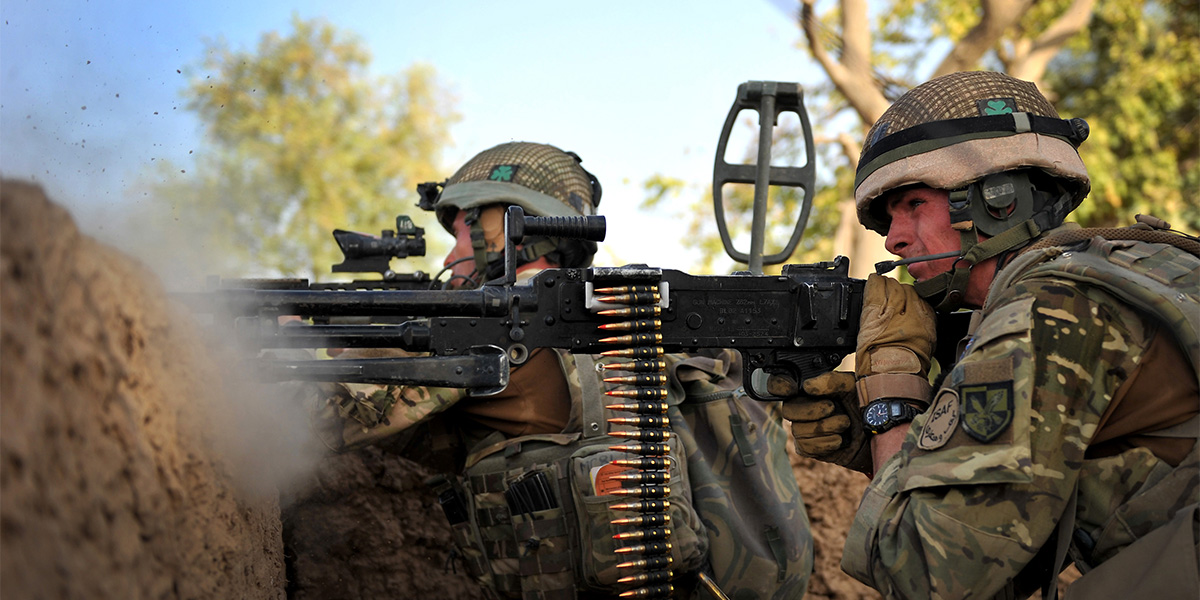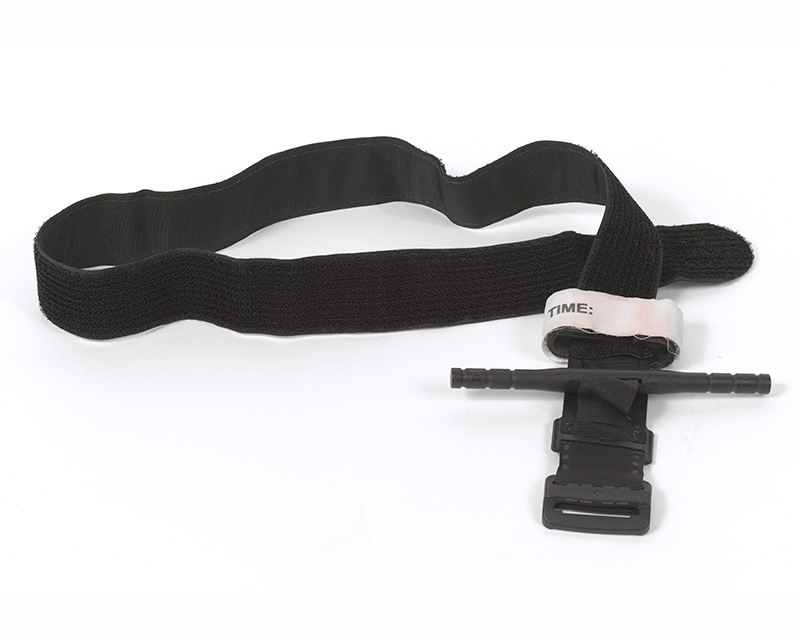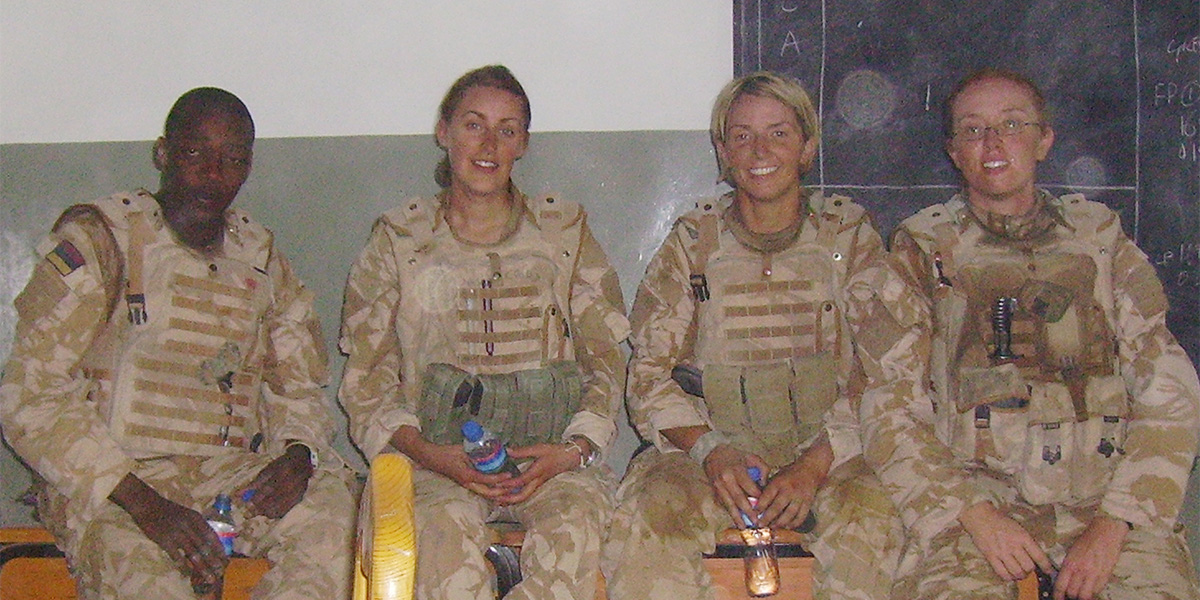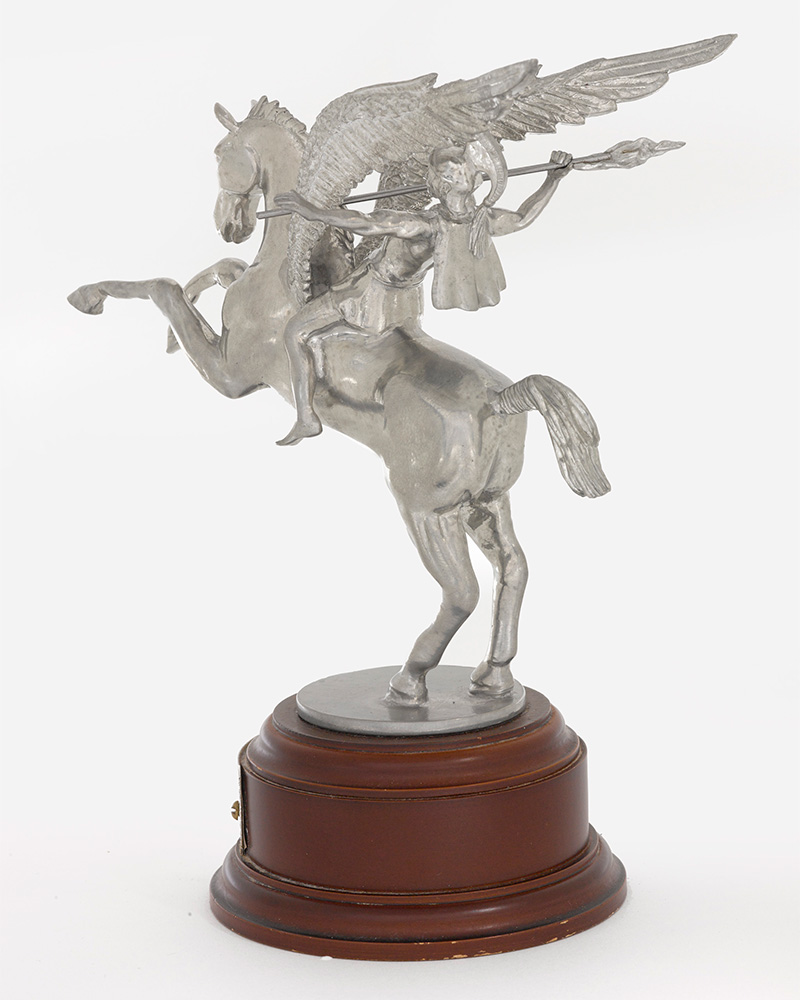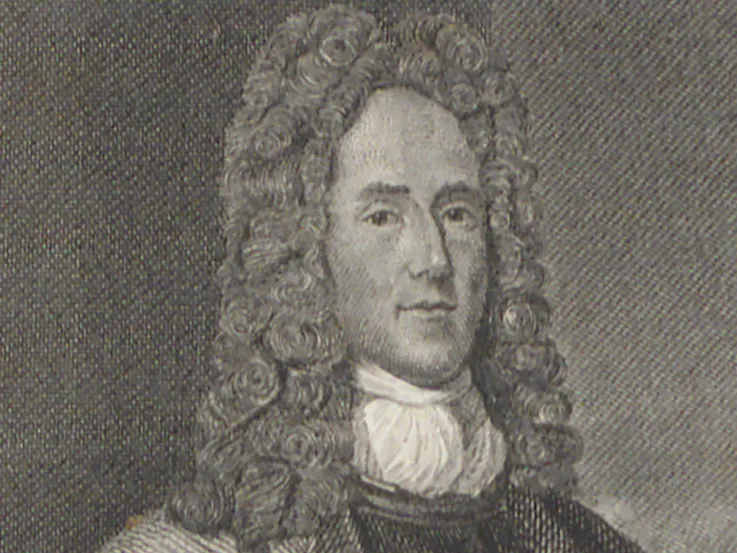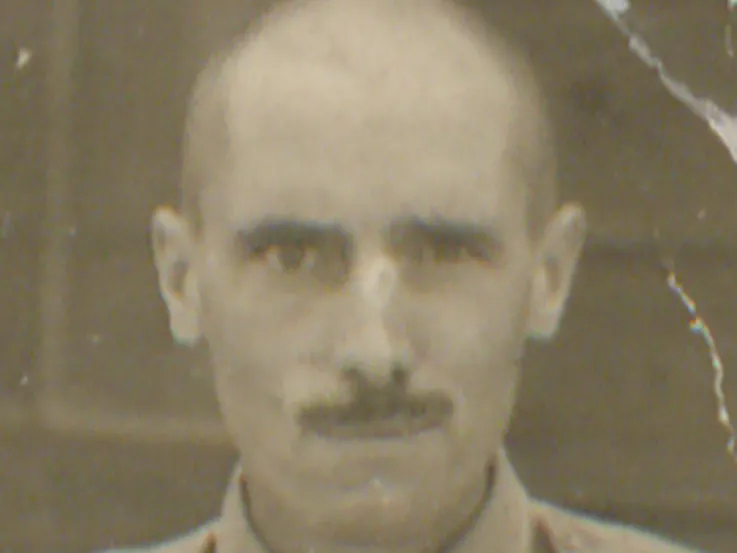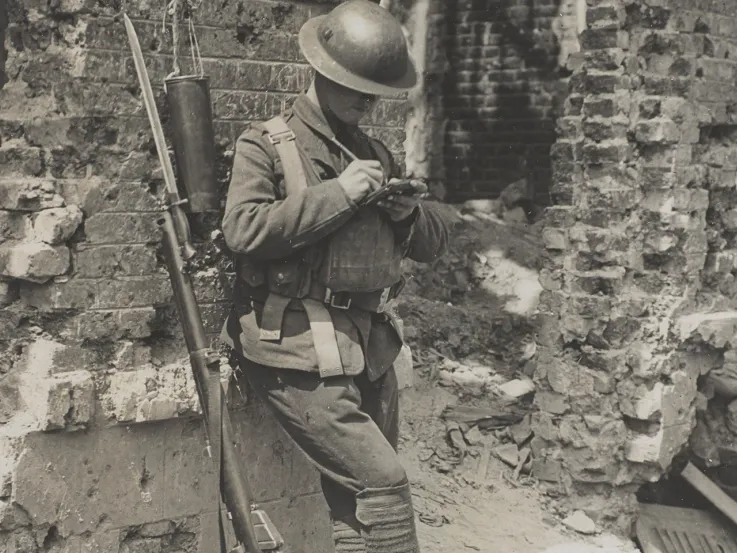Explore more from In Their Own Words
In Their Own Words: Staff Sergeant Chantelle Taylor
8 minute read
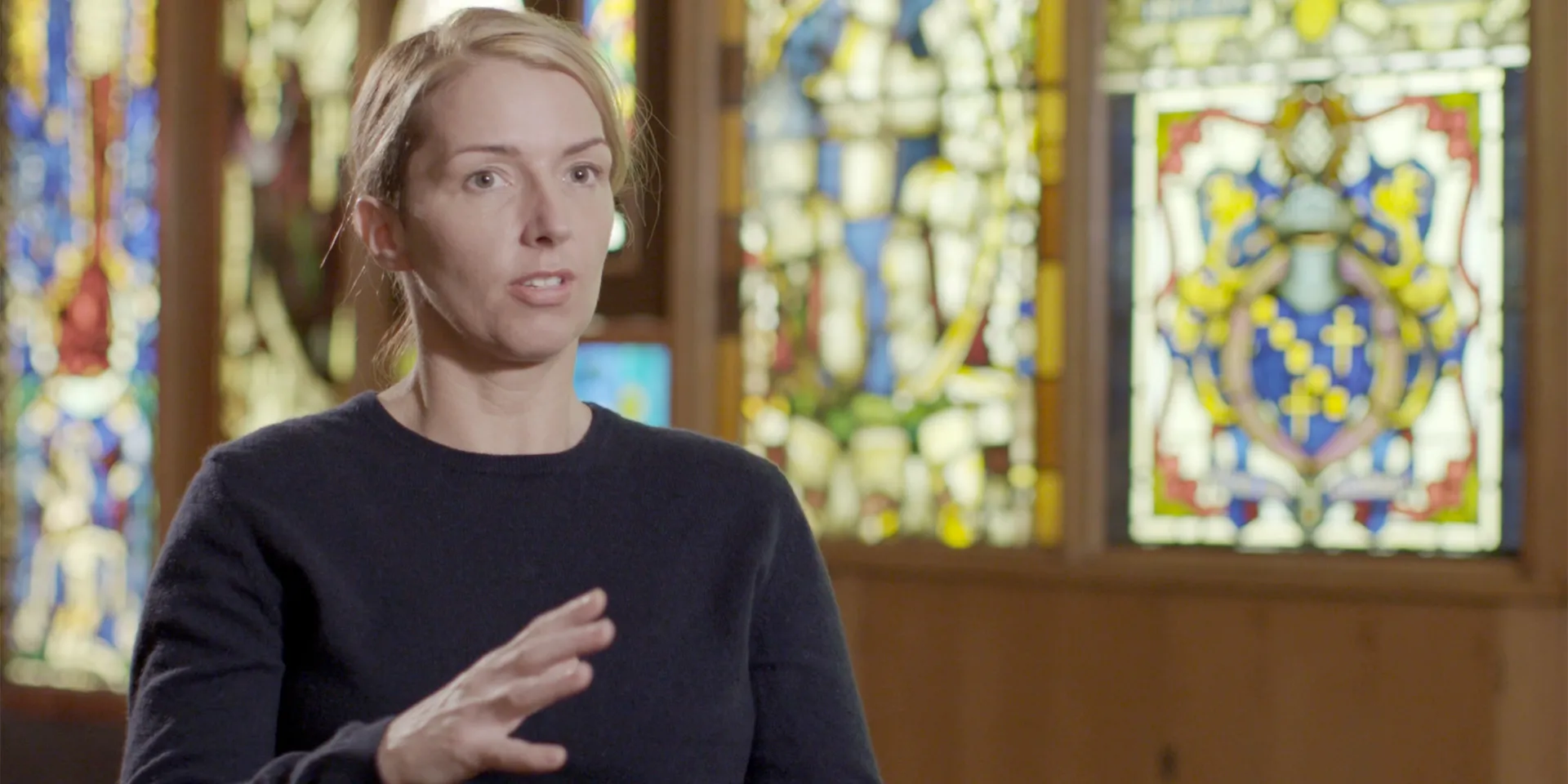
Chantelle Taylor during an oral history recording, 2016
Joining up
Chantelle Taylor grew up on a housing estate in Plymouth, the youngest of five children. She joined the Army in April 1998, at the age of 22. After initially finding it difficult to adjust to the hard physical training and strict discipline of Army life, she gradually began to grow in confidence and feel more at home.
On completion of basic training, she went on to undertake specialist training as a combat medic. She later recounted that the role of combat medical technician (or CMT) - a trade within the Royal Army Medical Corps - held a special appeal because it was the only position available to women at the time that had the word ‘combat’ in it.
‘I grew up in the ’90s, so there wasn’t a great deal going on and I suppose, like every other teenager in less privileged areas, I was getting into different types of trouble, so decided that I’d join up.’Chantelle Taylor on enlisting in the Army — 2016
Early deployments
From the outset, Taylor's military career was professionally and emotionally challenging. In 1999, she was sent to Kosovo, a region of the Balkans ravaged by ethnic violence. Here, she encountered evidence of war crimes while working with a Canadian unit on the exhumation of bodies from mass graves.
Her second deployment was to Sierra Leone in 2000. This country had been severely destabilised by almost a decade of civil war. As well as learning how to operate in a jungle environment, it was here that she treated her first serious injuries. She also bore witness to both child soldiers and child victims of conflict.
Personal tragedy struck in 2002, when her brother David was killed. She subsequently threw herself into her career and was glad to be called upon for service in Iraq during the US-led invasion of 2003.
Camp Bastion Hospital
Taylor’s first tour of Afghanistan came in 2006. She spent five months in an administrative role in the hospital at Camp Bastion, the main British base in Helmand Province.
This was the first time that the British had deployed to Helmand, and the operation proved to be a severe test. The troops of 16 Air Assault Brigade had a vast area to cover and encountered fierce resistance from Taleban fighters, who were highly adept at conducting ambushes and in the use of improvised explosive devices (IEDs).
As the casualties mounted, Taylor was increasingly called upon to work long, gruelling hours. She was greatly impressed by the conduct of her hospital colleagues, whose skill and dedication saved many lives.
However, her time in Bastion was marred by sadness as some of her close comrades were among the casualties. She was also anxious about her fiancé, who was serving in Helmand with the Parachute Regiment.
‘Watching those nurses put the shifts in... when we started taking casualties, it gave me a really solid appreciation for when I eventually ended up at the sharp end, if you like, who I was sending my casualties back to. And also looking at the capabilities that the surgeons were working with because that hospital was a tented hospital, so it was extremely basic, but what they were achieving in there was unbelievable. And I would say that that hospital then, although it probably wasn’t technically as good as the one, say, five years down the line, it was as good in the way it was staffed. People were completely committed.’Chantelle Taylor — 2016
Return to Helmand
Taylor returned to Helmand in 2008, having spent the intervening years training intensively to hone both her medical and soldiering skills. She was eager now to put her new expertise to the test in the field.
Initially based at 16 Air Assault Brigade's headquarters in the city of Lashkar Gah, she filled an officer’s post for a time, managing all the Brigade’s medical assets. The weight of this responsibility was brought home to her during a mass-casualty incident, which entailed balancing the needs of the wounded against the dangers (especially to helicopter crew) of having them evacuated.
‘I became very aware that decisions that I was taking had to have the best outcome for everyone, not just the casualties… people might think that as a medic that’s your main responsibility, but a short sharp shock tells you it’s not… you need to be extremely tactically aware.’Chantelle Taylor on decision-making during casualty evacuations — 2016
Ambush
Taylor also served with armoured convoys on patrol. Her first long-range mission was to Marjah in July 2008. During this patrol, she developed an ominous sense that something was wrong, a feeling only deepened by the suspicious behaviour of some of the locals.
As the heat of the day reached its peak, the convoy was advancing along a canal track, when the Taleban launched an ambush. Attacked from multiple directions, several vehicles were hit, including the one in which Taylor was travelling.
Engaging the enemy
Reacting instinctively, in accordance with her training, Taylor returned fire with her SA80 rifle, killing the Taleban insurgent who was targeting their vehicle. She had no time to reflect upon this, however, as news immediately came in on the radio that a soldier in the rear vehicle had been hit.
Under continuing enemy fire, Taylor and her commanding officer jumped out and ran to provide assistance. But they turned back half-way when notified that first aid had already been administered. Quickly, the patrol moved out of danger and arranged for their wounded man to be evacuated by air.
‘There was a couple of massive explosions and then we were ambushed from the left and the rear. From their perspective, it was almost textbook and from our perspective it was just one of those things. So, then it was like the world had erupted and I remember just thinking that it was really close… we had to neutralise the threat, which leads me back to the tactical side, that’s what I decided to do, I got eyes on the enemy insurgent that was engaging our vehicle and fired.’Chantelle Taylor — 2016
Nad-e Ali
Later in the same tour, injuries to other medics resulted in Taylor being redeployed away from Brigade HQ and attached to B Company, 5th Battalion, the Royal Regiment of Scotland.
While supporting an operation to bring a hydroelectric plant online at Kajaki, the company took up residence in a patrol base in the district of Nad-e Ali. Here, Taylor and her comrades endured an intensive seven-week battle with the Taleban. Their combined force of 100 British troops and a small contingent of Afghan National Army soldiers suffered 66 casualties.
‘Golden hour’
Treating casualties is a race against time. For serious injuries, medical staff have what is termed the ‘golden hour’ to provide essential treatment and arrange for evacuation to hospital before the situation becomes critical. Minimising blood loss is a major priority.
High casualty numbers kept Taylor and her medical team frenetically busy, treating the wounded and arranging the difficult and dangerous evacuations.
Fulfilled ambitions
As well as coming under frequent attack, Taylor and her comrades endured many other hardships in Helmand: oppressive heat, monotonous food, rudimentary living conditions.
Despite the danger and discomfort, Taylor embraced the experience. By becoming an integral and respected member of a tight-knit team, all capable of performing their duties under the most severe pressure, she found the fulfilment of her military ambitions.
A fond farewell
On returning from Afghanistan, Taylor was promoted to staff sergeant and recommended for an officer’s commission. However, ready now to embrace new challenges, she chose to leave the Army.
Her comrades presented her with a selection of gifts in recognition of her service. She was particularly pleased with a trophy depicting the mythological Greek hero Bellerophon and his winged steed Pegasus, an honour usually reserved for members of the airborne forces who have completed parachute training.
Later life
In 2009, Taylor returned to Afghanistan, this time working with the US Department of State, to train Afghan National Army personnel in combat medicine. She has continued to use her knowledge and skills to help provide and implement medical care in unstable or hostile regions.
Taylor also transitioned into diplomatic security, notably undertaking the role of primary protection officer for the Australian ambassador to Iraq.
Mindful that women are so often the victims of conflict and oppression, Taylor serves as an ambassador for GBV Uncovered, an international online think tank dedicated to improving care available to the survivors of gender-based violence.
In 2011, she published 'Bad Company' (republished as 'Battleworn' in 2016), a gritty memoir of her time as a combat medic in Afghanistan. A copy of this book is available to read at the National Army Museum's Templer Study Centre.
Access to the Archive
The National Army Museum provides public access to its library and archival collections via the Templer Study Centre. Over the coming weeks and months, we will be sharing more stories across our website and social media channels, highlighting some of the valuable personal insights these collections hold.

